Abstaract
How institutions change in the process of technological change and catch up? In neo-classical economics, technological progress, is the result of a largely private order, based on market competition. Therefore, institutions should be regarded narrowly as supporting markets and private property rights (see chang, 2010) On the other hand, Development economists criticized a minimal non-interventionist view of role of state in rapid industrializing countries. Based on empirical evidences of NICs, they proposed versions of more interventionist views of government role as market stimulating (Lal, 1988), developmental state (Chang, 2010 ), embedded autonomy (Evans, 1995). This literature has been silent in articulating where does developmental state come from? In another word, how previous structures and policies shifted toward structures and policies which we call them developmental? In this paper, based on policy Entrepreneurship literature (Mintrom, 2009, Shockley, 2002) We contribute to economic development literature through representing a framework to conceptualize how policy entrepreneurs develop policies and institutions which have changed non-developmental government structure to a developmental type. Our main question was; How PEs legitimize new policies in the process of transforming government policies toward being developmental? PEs are those agents that advocate policy change (Mintrom, 2009). As Mintrom (2009) argues, PEs offer some insights to existing literature on policy change such as incrementalism, institutionalism and advocacy coalition. All these areas emphasize on conditions and structures under which policies have been changed with different focuses (Mintrom, 2009). As these research streams are useful in opening the black box of state in catch up process and illuminating internal mechanisms of conflict and contradictory struggles inside the government, using policy entrepreneurship, we will be able to start from pioneer individual change agents who initiated change in structures and policies toward embracing economic development. Based on Evidence obtained from Iran’s catch up in Biopharmaceutical sector, we identified how PEs transformed Iran’s Food and Drug Administration (IFDA) toward policies which enabled IFDA to play vital role in supporting Biopharmaceutical catch up. We identified different legitimizing strategies. Among these strategies, Anchoring was the most important. In anchoring PEs anchor their policy proposals at the level of the sector to the legitimated institutional logics (Freedland and Alford, 1991) outside the sector at national and international level.

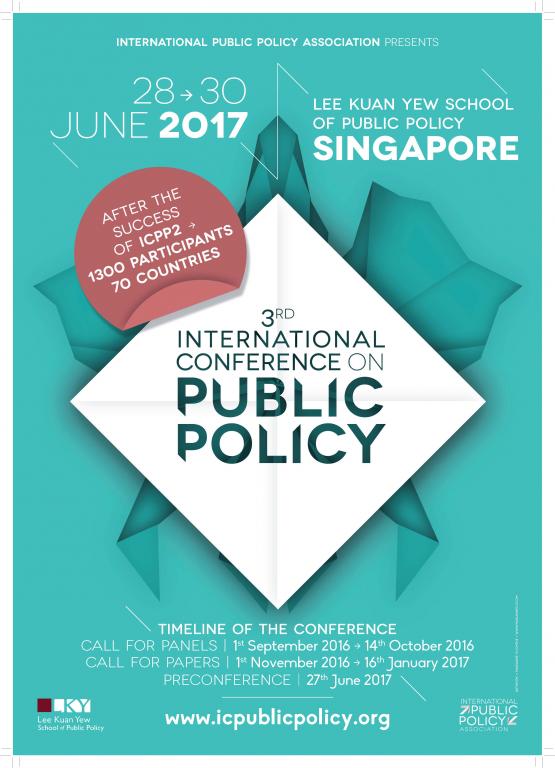
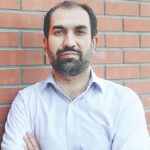 Ali Maleki
Ali Maleki.jpg)
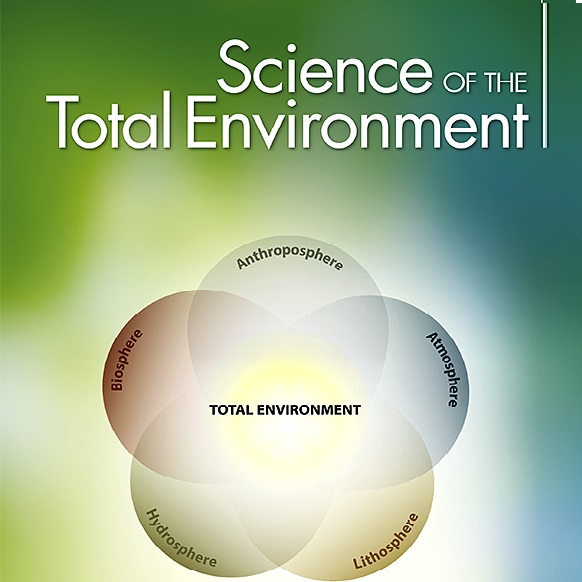


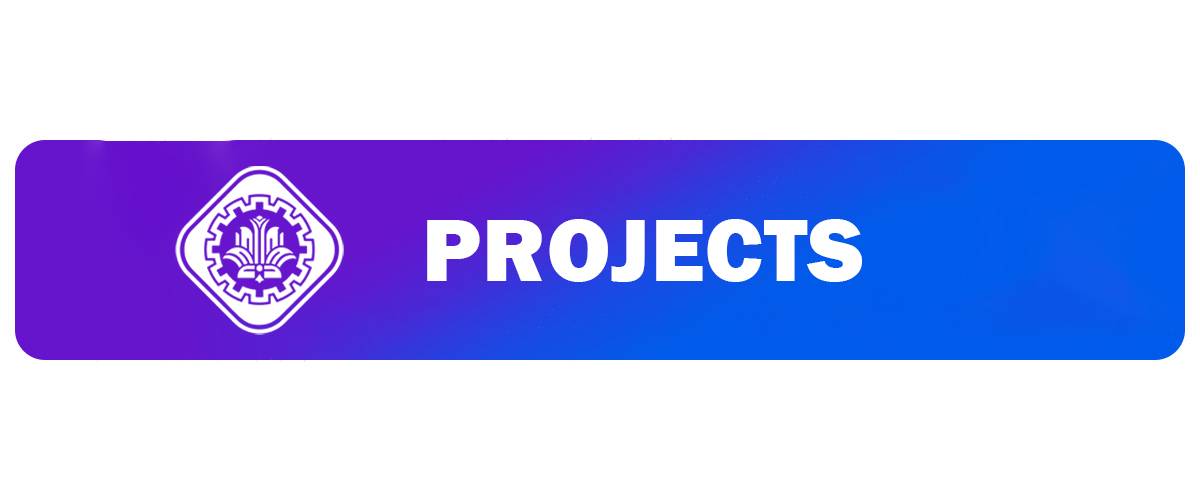

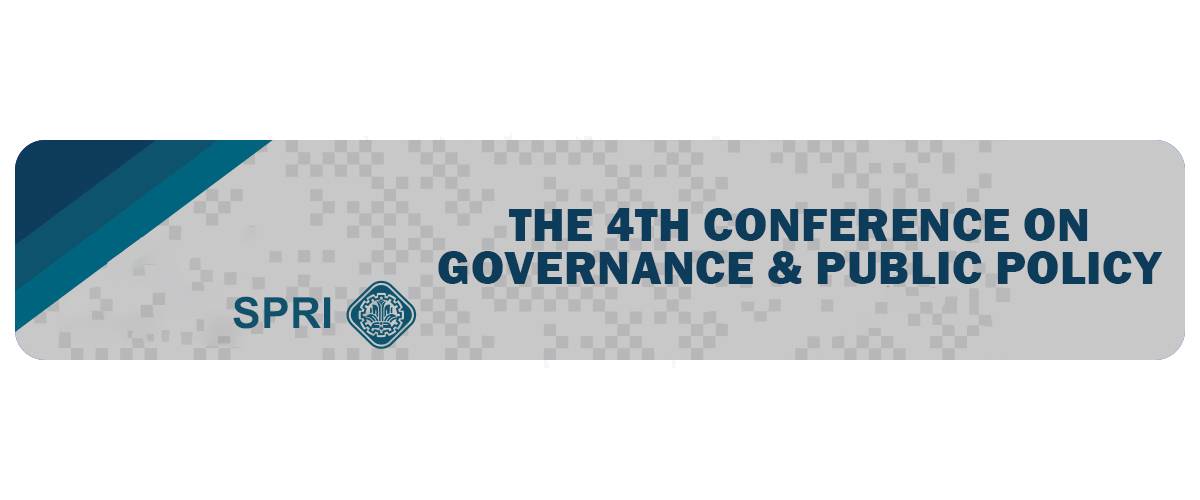
.jpg)